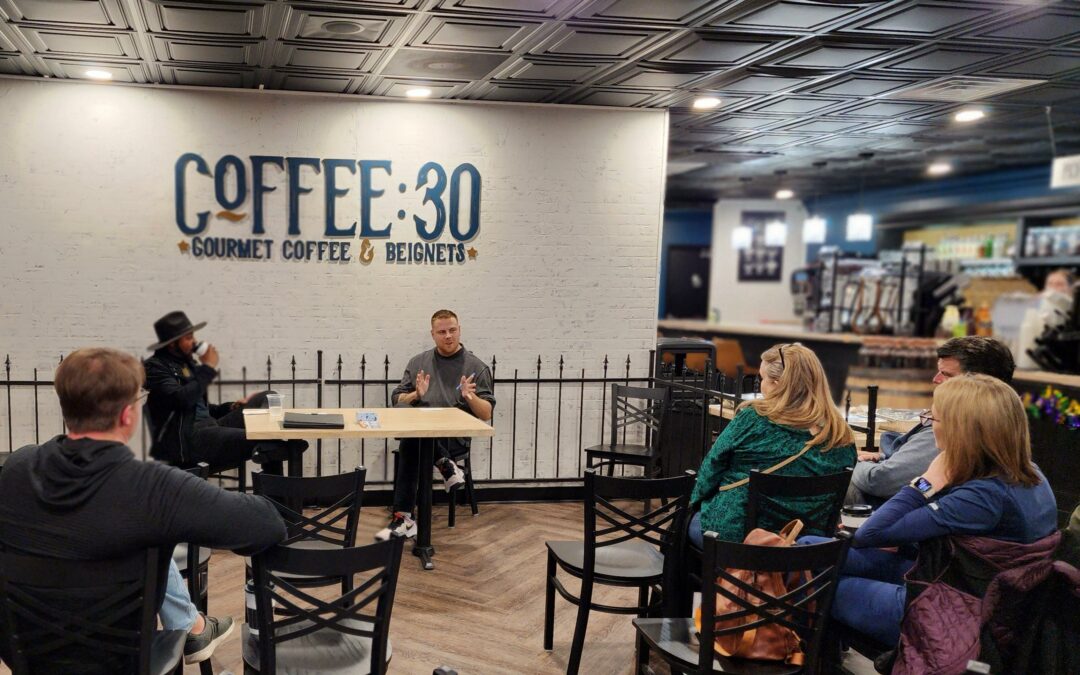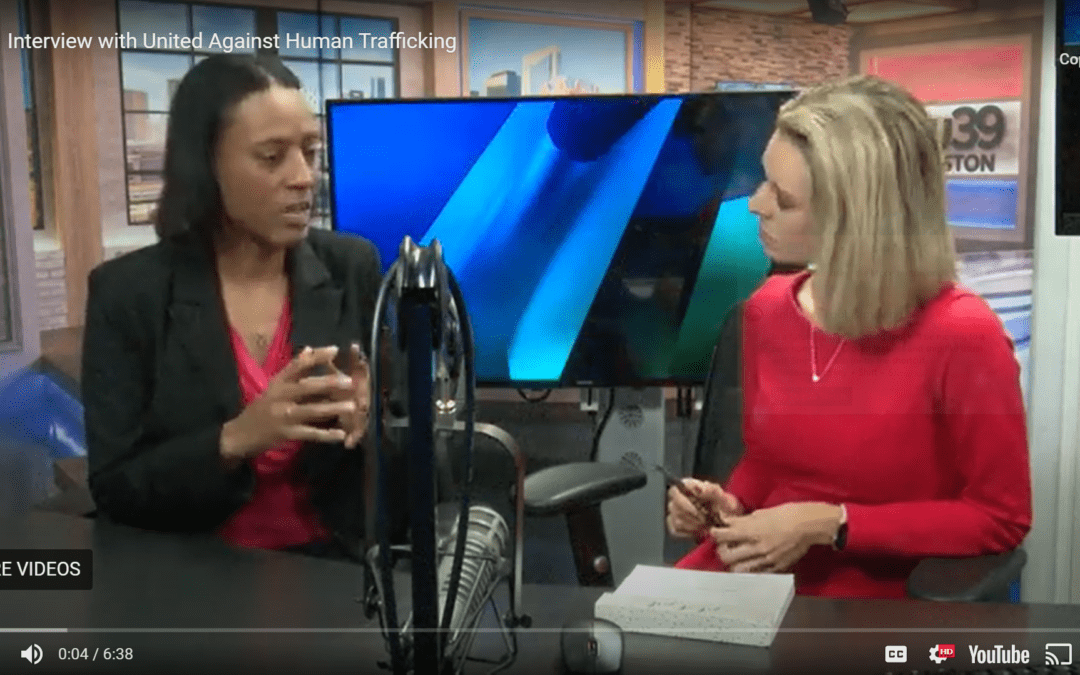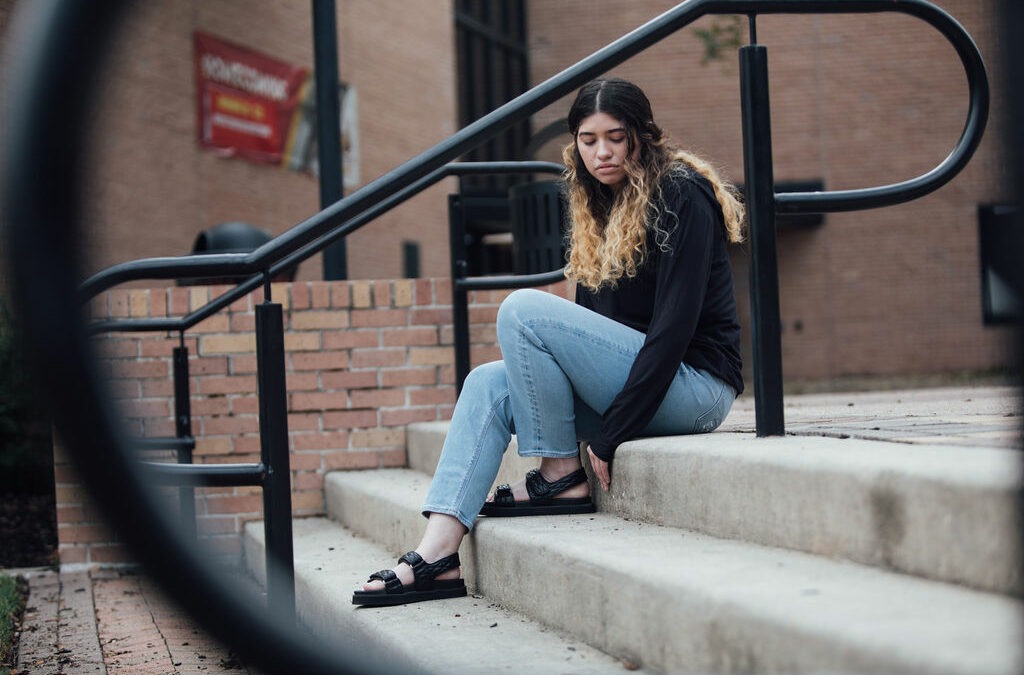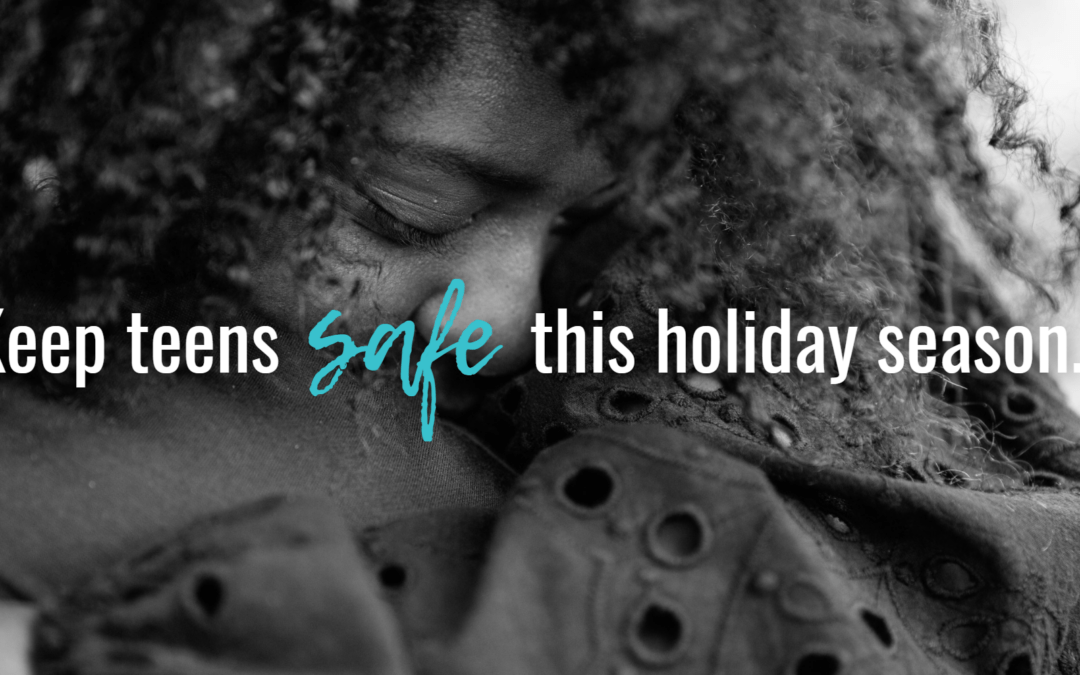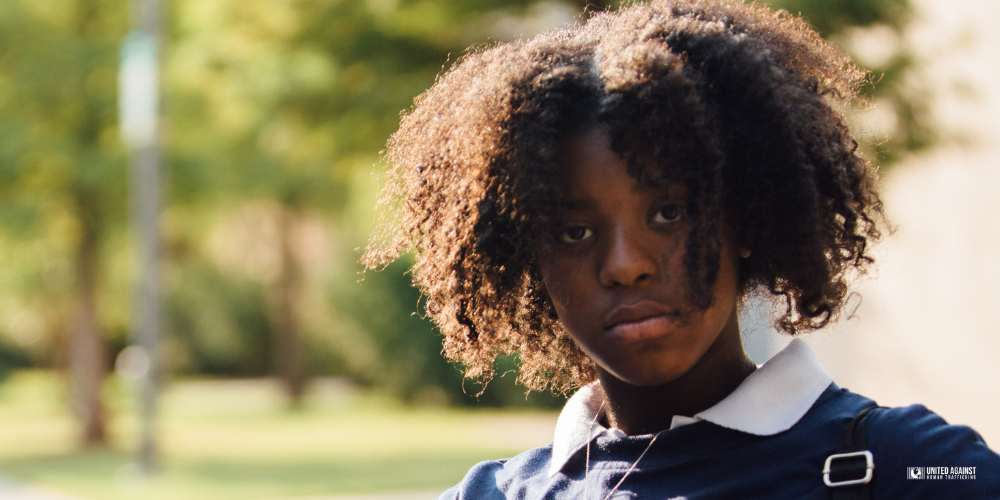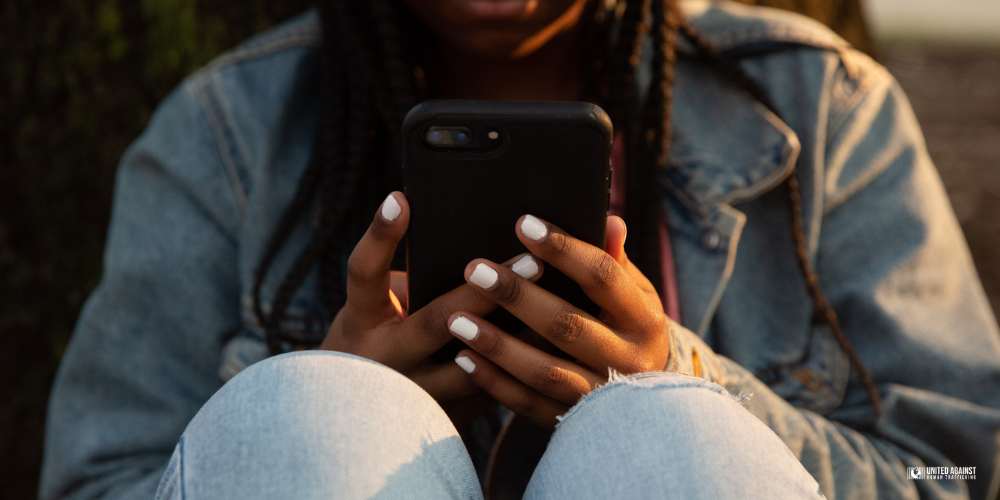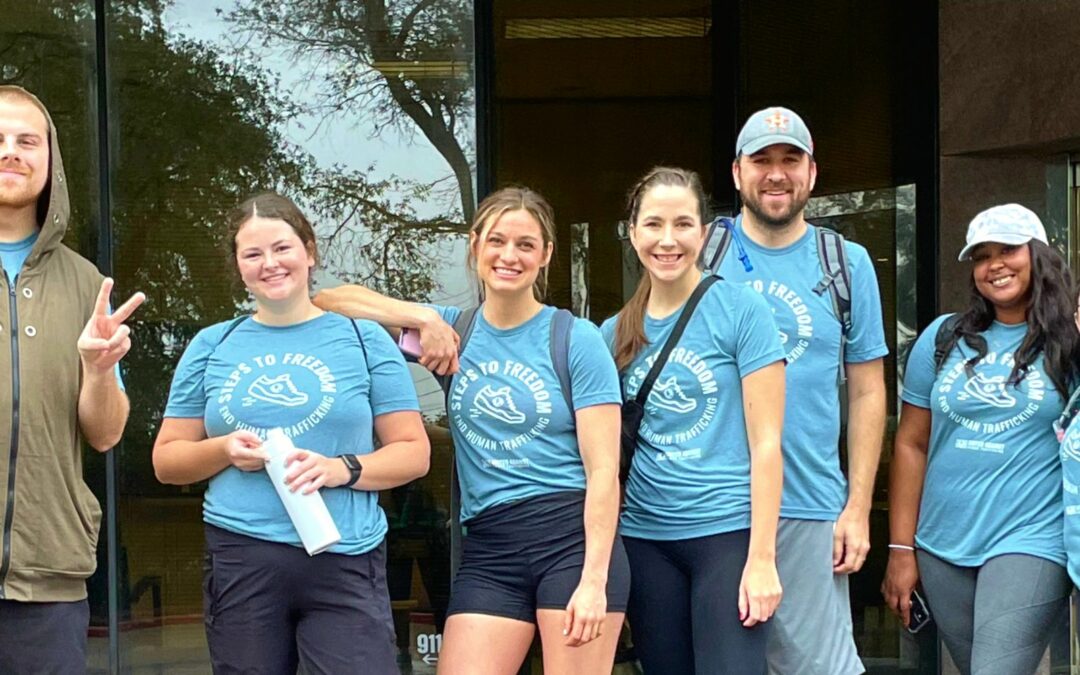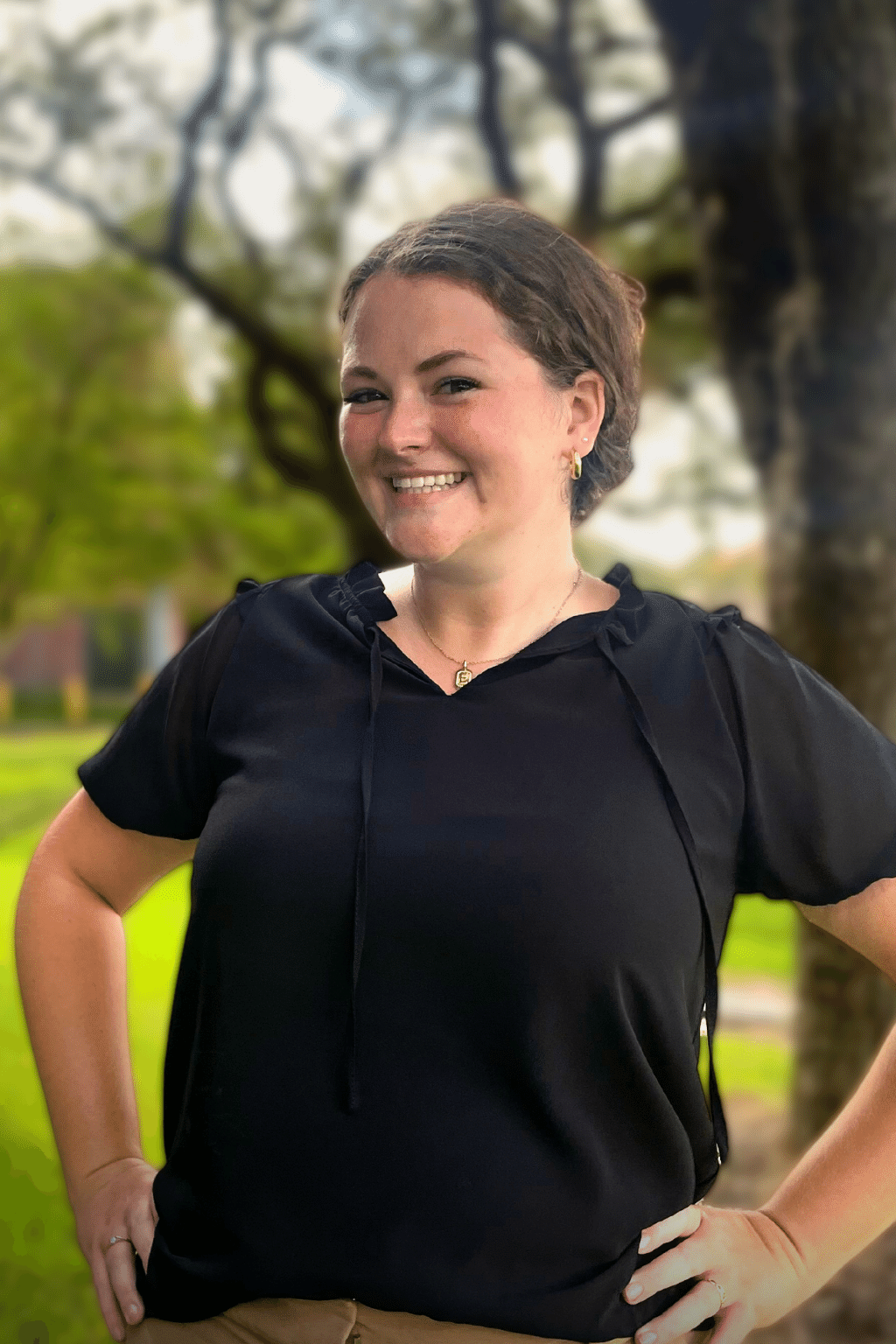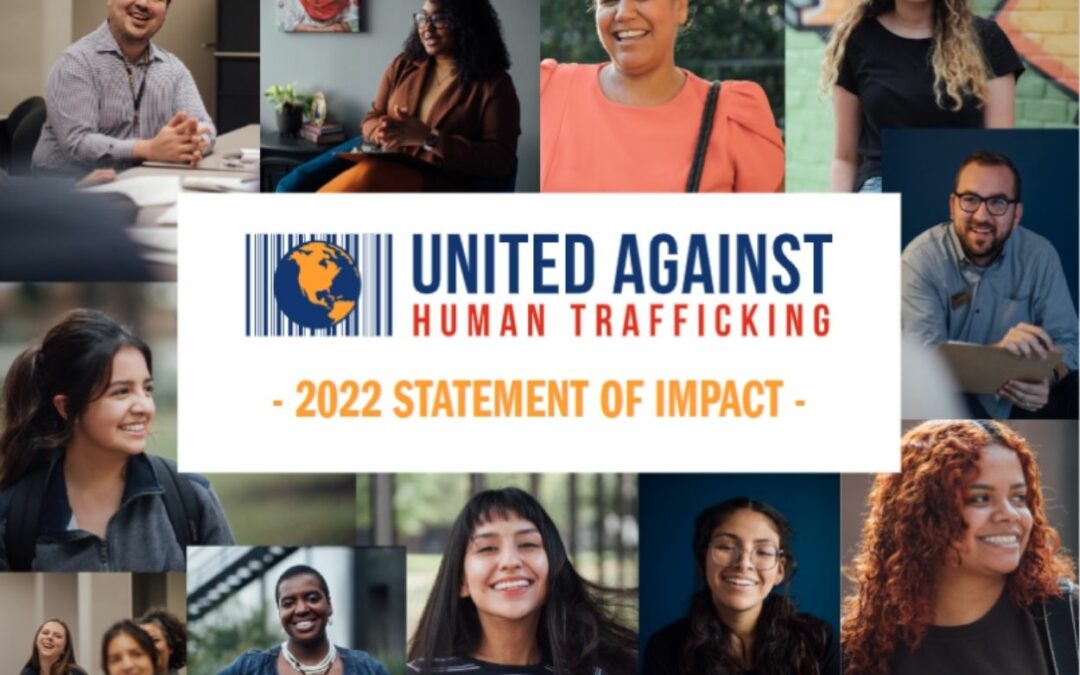
Change and Breakthrough in 2022
My Dear Friend,
If I had to summarize 2022 in one word, it would be DYNAMIC. We experienced many changes and breakthroughs as an organization. The economic impact of the COVID-19 pandemic was felt at UAHT and throughout the entire anti-trafficking movement. Still, with you propelling us, we made great leaps forward: over 60 adult trafficking survivors received wraparound care and took steps to reclaim their lives and freedom. With a focus on empowerment, clients learned critical life skills in a new financial planning course.
Thanks to supporters like you, our bilingual English-Spanish demand reduction support groups served 58. To deliver frontline training to more professionals than ever before, 20 bold volunteers pioneered a UAHT Speakers’ Bureau.
When you read through this Impact Report, please know that every accomplishment contained within its pages was hard-fought for and lovingly celebrated.
Your unwavering support ensures UAHT’s ability to adapt and flourish – and it’s why colleagues, partners, and friends trust us as a leader in the anti-trafficking movement. I am deeply honored by the trust that communities place in UAHT’s work. They know they can rely on us and allies like you to fill gaps and thrive in that role.
While UAHT is looked to as a trusted leader in the anti-trafficking movement, we look to people with lived experience of human trafficking as the true leaders. They are the core of UAHT. They lead from the frontlines and guide the rest of us in the movement. UAHT walks behind these survivors, these thrivers, these overcomers. In 2022, your support equipped us to center more individuals with lived experience in events and programs, implementing a comprehensive engagement plan. Perhaps our greatest tribute to overcomers this year was the Radiate Hope Luncheon: an event that lifted and centered survivors through an engaging, empowering panel of five overcomers detailing their triumphs, their hopes, and their dreams. The astounding success of Radiate Hope and the outpouring of positive feedback from attendees and panelists prompted UAHT to make the event an annual celebration of survivor leadership.
We continue to push for Diversity, Equity, and Inclusion – not just in words, but in deeds. We see our DEI efforts as an intentional way of BEING. In 2022, we established a movement standard for DEI with other anti-trafficking nonprofits. In no unclear terms, we affirmed our unconditional support for all communities, honoring the dignity and worth of every human being.
Our internal DEI Committee has become an integral part of all aspects of our agency, from our hiring practices to staff training and much, much more. In June, our entire staff traveled to Galveston to celebrate Juneteenth: the day Union troops arrived in the historic city to bring news of the Emancipation Proclamation. The unforgettable trip reminded us why we fight: SO THAT ALL MAY LIVE FREE.
I continue to work alongside other anti-trafficking leaders and boards, encouraging them to center DEI in all their efforts to end human trafficking. I feel hopeful knowing that the movement has begun to take vital steps to implement the necessary changes for best serving and honoring survivors.
Thanks to you and supporters like you, UAHT is expanding beyond Houston. We are speaking and collaborating with other communities – places like Louisiana, Georgia, Florida, and the Rio Grande Valley. I’m so excited to share that we have established a branch of our Coalition in Lake Charles, LA and The Pathway Referral Network has expanded into South Florida! The future of UAHT is national. But I want each of you to know that we’re still here. Even when I travel to other areas to continue conversations on how UAHT can serve the rest of the country, I take Houston with me wherever I go. We will never stop appreciating where we started. The lessons we’ve learned here, the love and unity we’ve cultivated, won’t fade. Houston will always be home.
I know UAHT is ready for anything, thanks to the vibrant community that supports us, and —vitally— I know you will continue standing with us. You will continue to honor and celebrate survivors as they empower themselves, you will continue to fight for equity, and you will never forget the community that brought UAHT to where it is today. With all my heart, thank you.
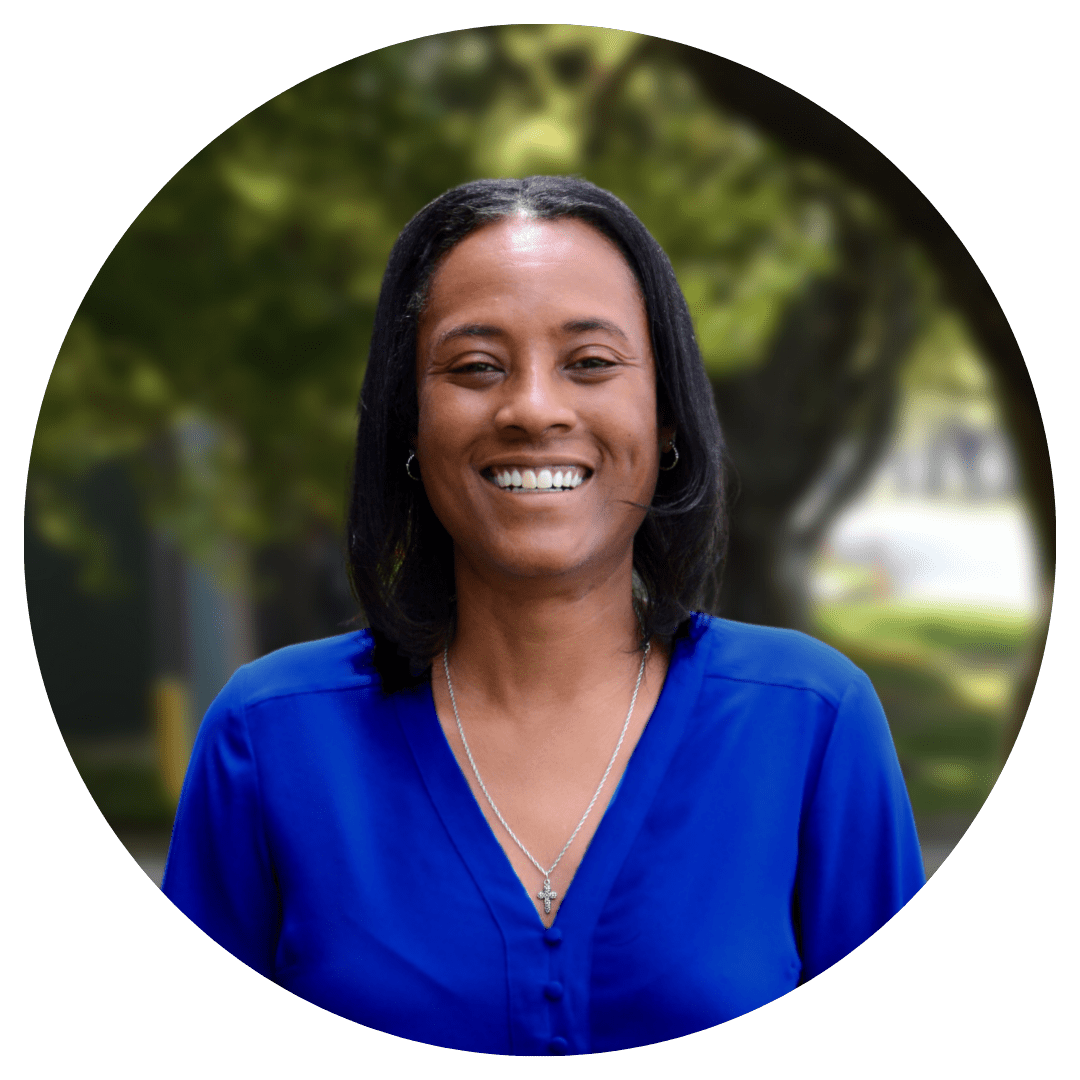
With so much love and gratitude,
Timeka Walker, LMSW
Chief Executive Officer
Together, we can end human trafficking.

